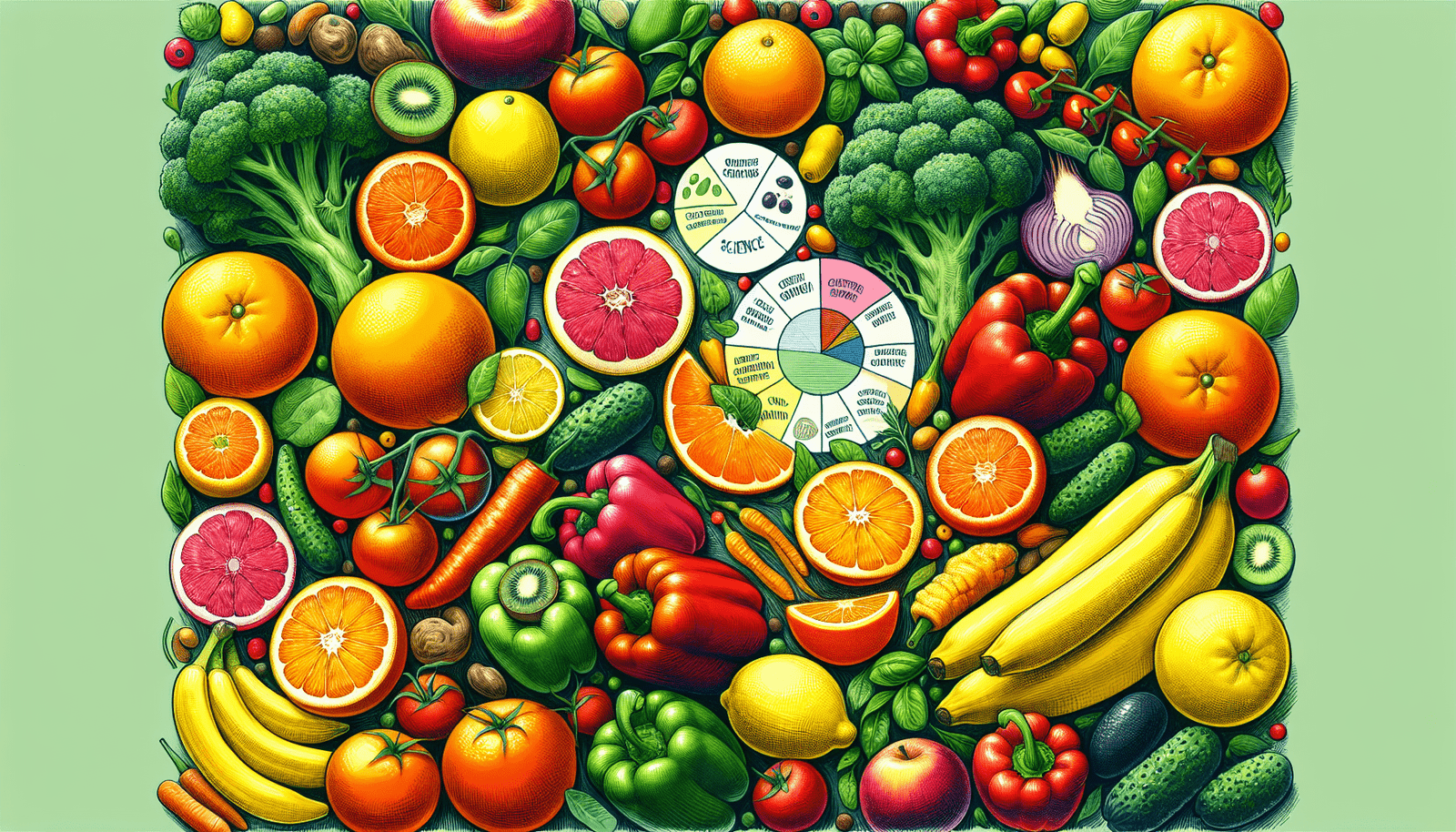Are you interested in learning more about how your diet can impact cancer prevention?
It’s always good to stay informed about the latest research and recommendations when it comes to maintaining your health and well-being. Let’s take a closer look at the most recent findings on how your diet can play a role in preventing cancer.
Understanding the Connection Between Diet and Cancer
Did you know that what you eat can have a significant impact on your risk of developing cancer? Research has shown that certain foods and nutrients can either promote or protect against cancer growth. By making smart choices in your diet, you can help reduce your risk of developing this disease.
The Importance of a Balanced Diet
Eating a well-rounded diet that includes a variety of fruits, vegetables, whole grains, and lean proteins is essential for overall health. When it comes to cancer prevention, a balanced diet can help provide your body with the necessary nutrients and antioxidants to support a strong immune system and healthy cells.
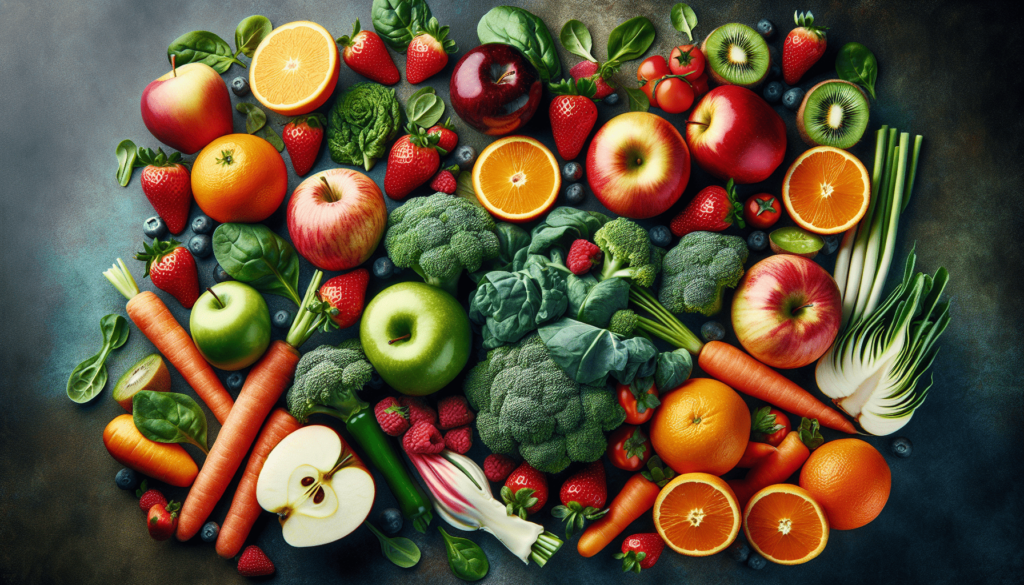
The Role of Fruits and Vegetables
Fruits and vegetables are rich in vitamins, minerals, and antioxidants that can help protect your cells from damage that can lead to cancer. Aim to include a colorful variety of produce in your diet to ensure you are getting a wide range of nutrients that can support your body’s natural defense mechanisms.
Whole Grains and Fiber
Whole grains, such as brown rice, quinoa, and whole wheat bread, are excellent sources of fiber that can help support a healthy digestive system. Fiber plays a crucial role in cancer prevention by promoting regular bowel movements and reducing inflammation in the body. Make sure to include whole grains in your diet for added protection against cancer.
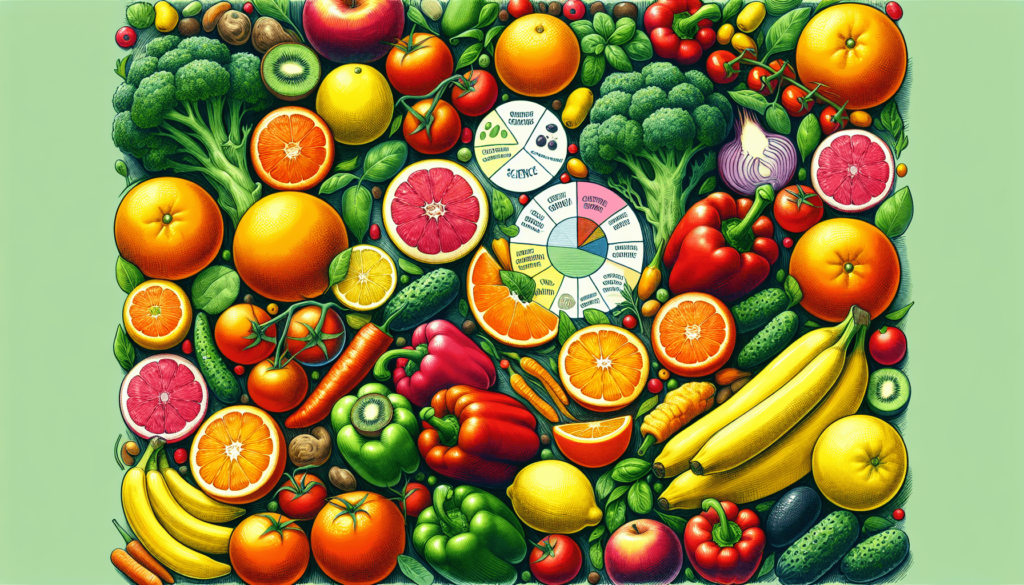
Lean Proteins and Healthy Fats
Protein is essential for building and repairing tissues in the body, but it’s important to choose lean sources of protein to reduce your risk of cancer. Opt for fish, poultry, beans, and legumes instead of red meat and processed meats, which have been linked to an increased risk of certain types of cancer. In addition, healthy fats such as those found in nuts, seeds, and olive oil can provide anti-inflammatory benefits that can help lower your risk of cancer.
Limiting Sugar and Processed Foods
High intake of sugar and processed foods has been linked to an increased risk of obesity, which is a major risk factor for cancer. By reducing your consumption of sugary drinks, sweets, and processed snacks, you can help maintain a healthy weight and lower your risk of developing cancer.
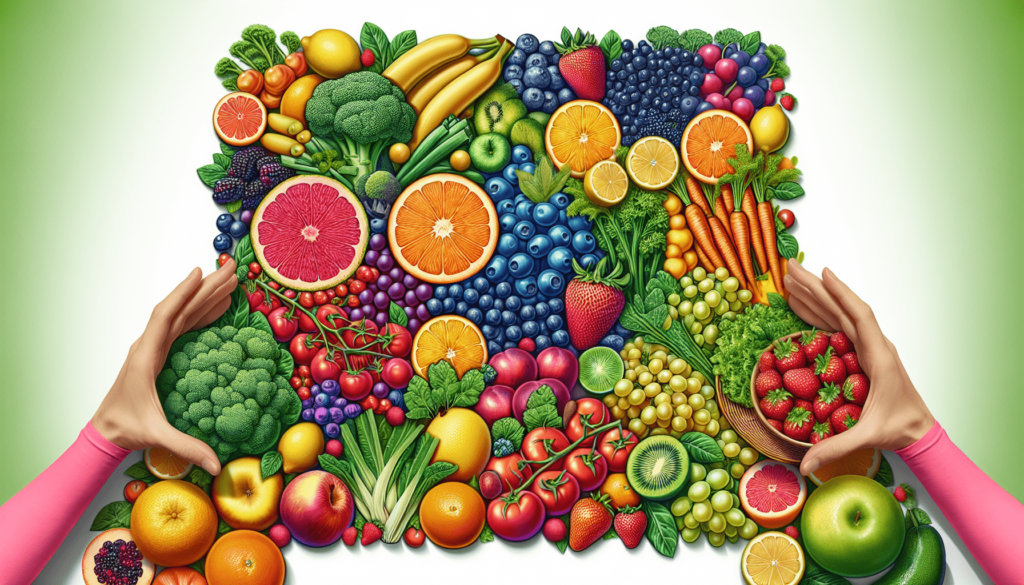
The Impact of Alcohol and Tobacco Use
Alcohol consumption and tobacco use are two of the biggest risk factors for developing cancer. Limiting your intake of alcohol and avoiding tobacco products can significantly reduce your risk of cancer. If you currently smoke or drink heavily, consider seeking help to quit and reduce your risk of developing this disease.
Stay Hydrated
Drinking an adequate amount of water each day is essential for overall health and well-being. Staying hydrated can help flush out toxins from your body and support healthy cell function. Aim to drink at least 8-10 glasses of water per day to ensure you are properly hydrated and help reduce your risk of cancer.
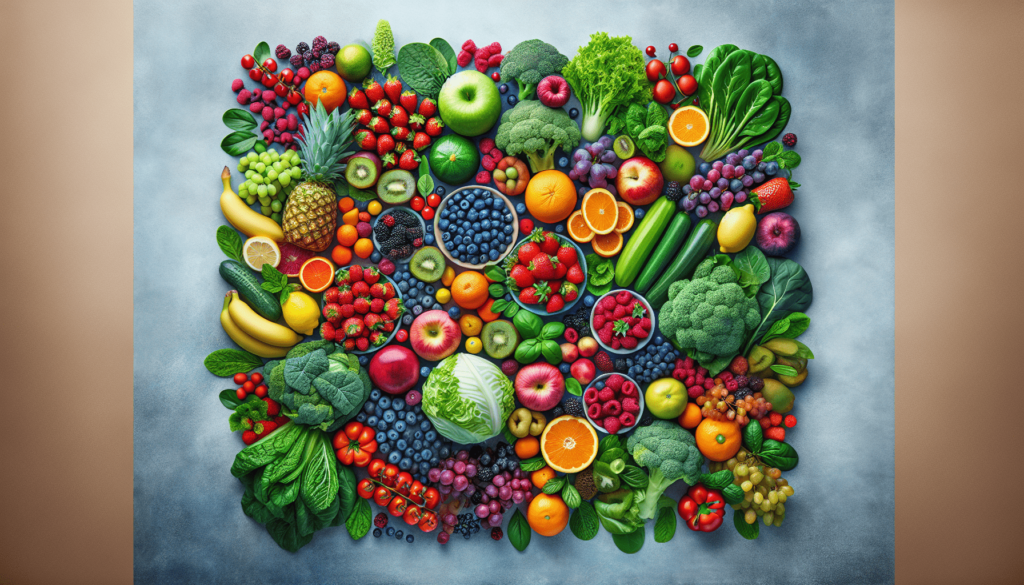
The Role of Supplements
While it’s always best to get your nutrients from whole foods, supplements can be beneficial in filling in any nutrient gaps in your diet. However, it’s important to talk to your healthcare provider before starting any new supplement regimen to ensure you are taking the right dosage and avoiding any potential interactions with medications.
Key Takeaways
Maintaining a healthy diet that is rich in fruits, vegetables, whole grains, lean proteins, and healthy fats can play a significant role in reducing your risk of cancer. By making smart choices in your diet, staying hydrated, limiting alcohol and tobacco use, and maintaining a healthy weight, you can help protect yourself against this disease. Remember to always consult with your healthcare provider before making any significant changes to your diet or lifestyle to ensure you are taking the best steps for your overall health and well-being.
By staying informed about the latest research on diet and cancer prevention, you can take proactive steps to protect yourself and reduce your risk of developing this disease. Remember, your health is in your hands, and the choices you make each day can have a lasting impact on your well-being. Take control of your health by making smart choices in your diet and lifestyle, and prioritize your overall health and well-being for a long and healthy life.

